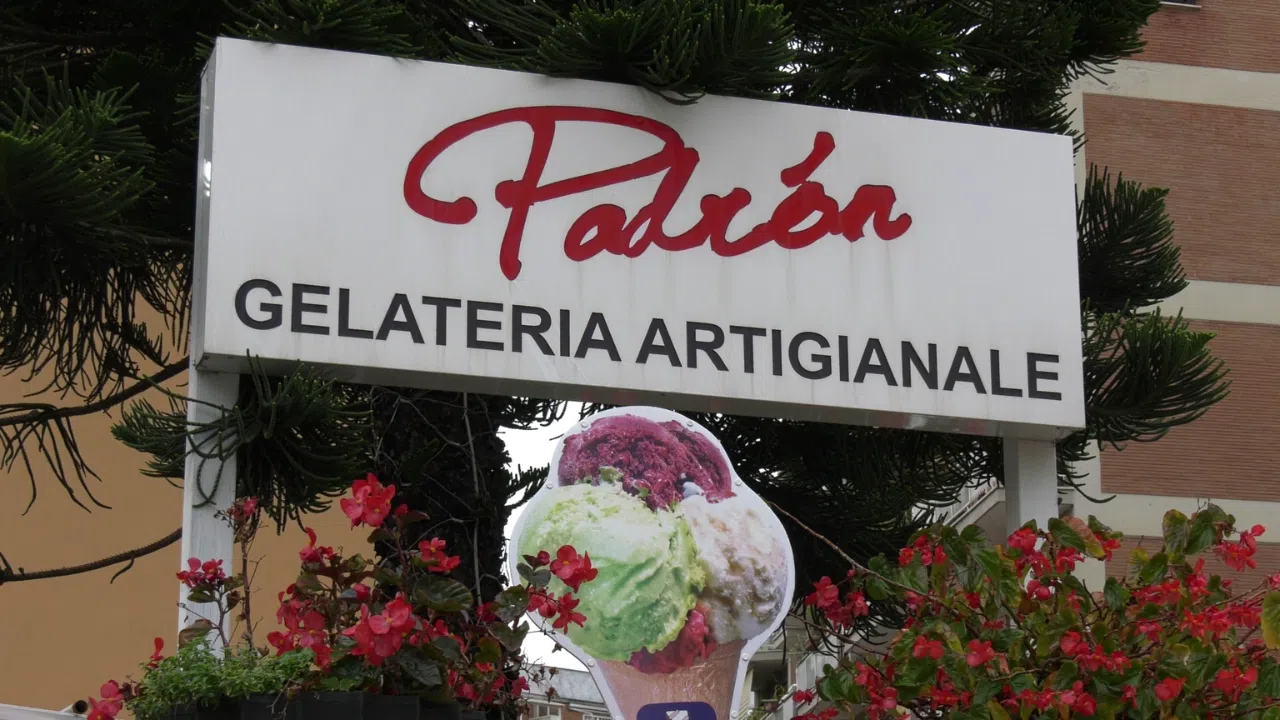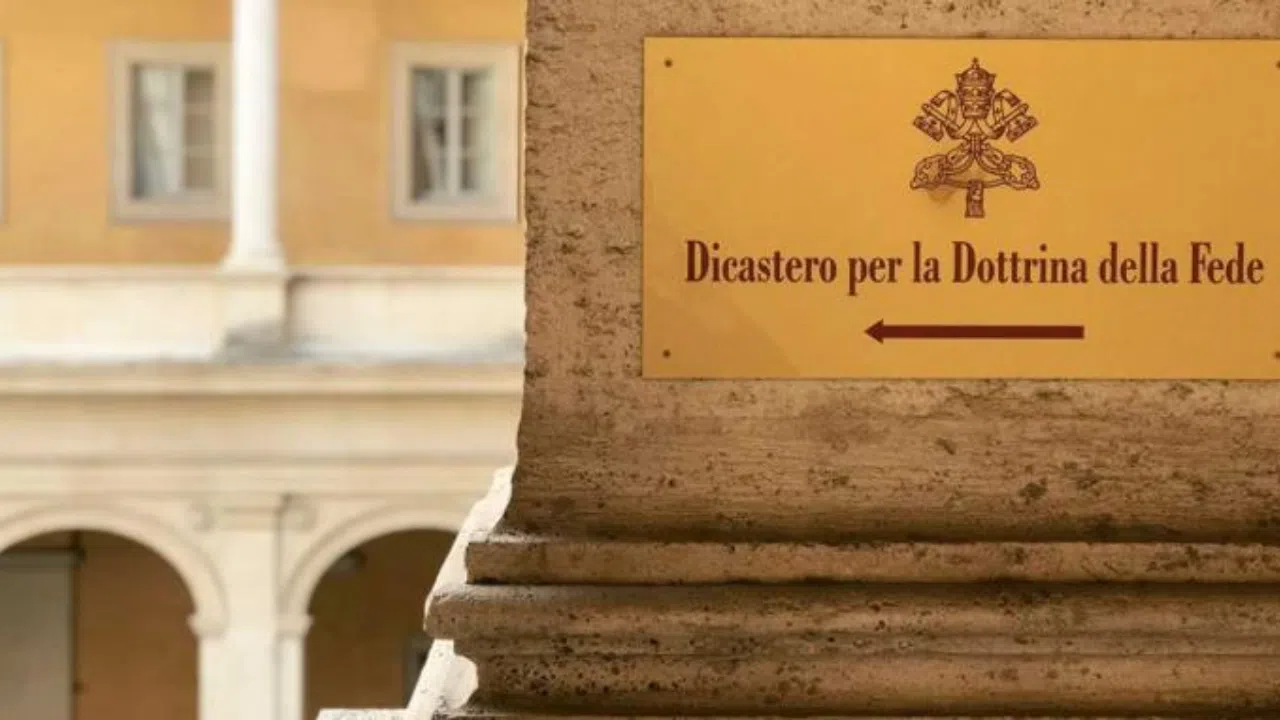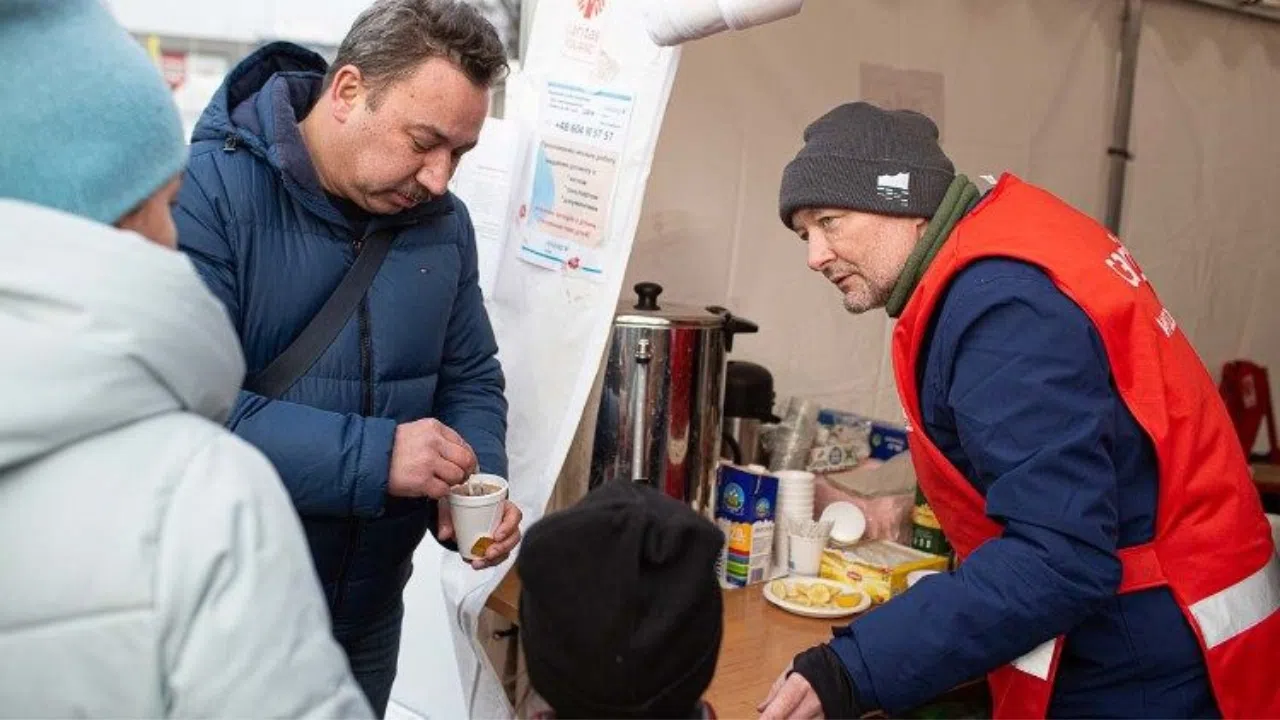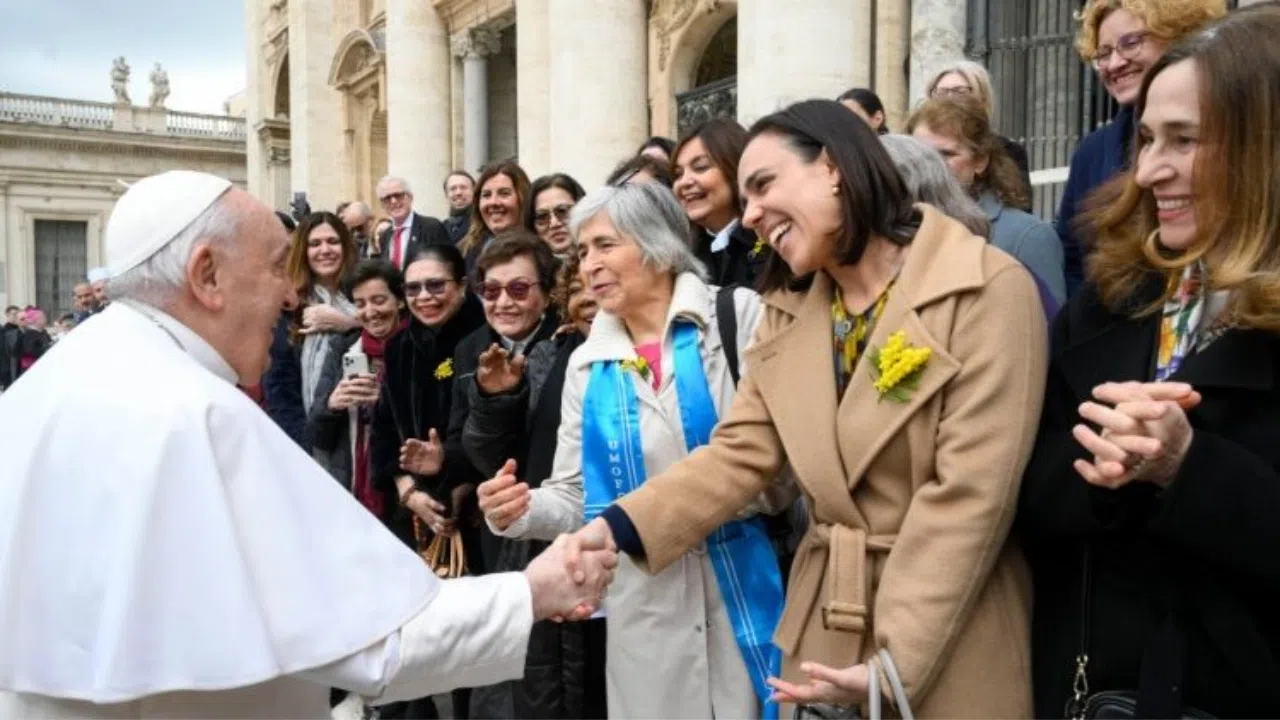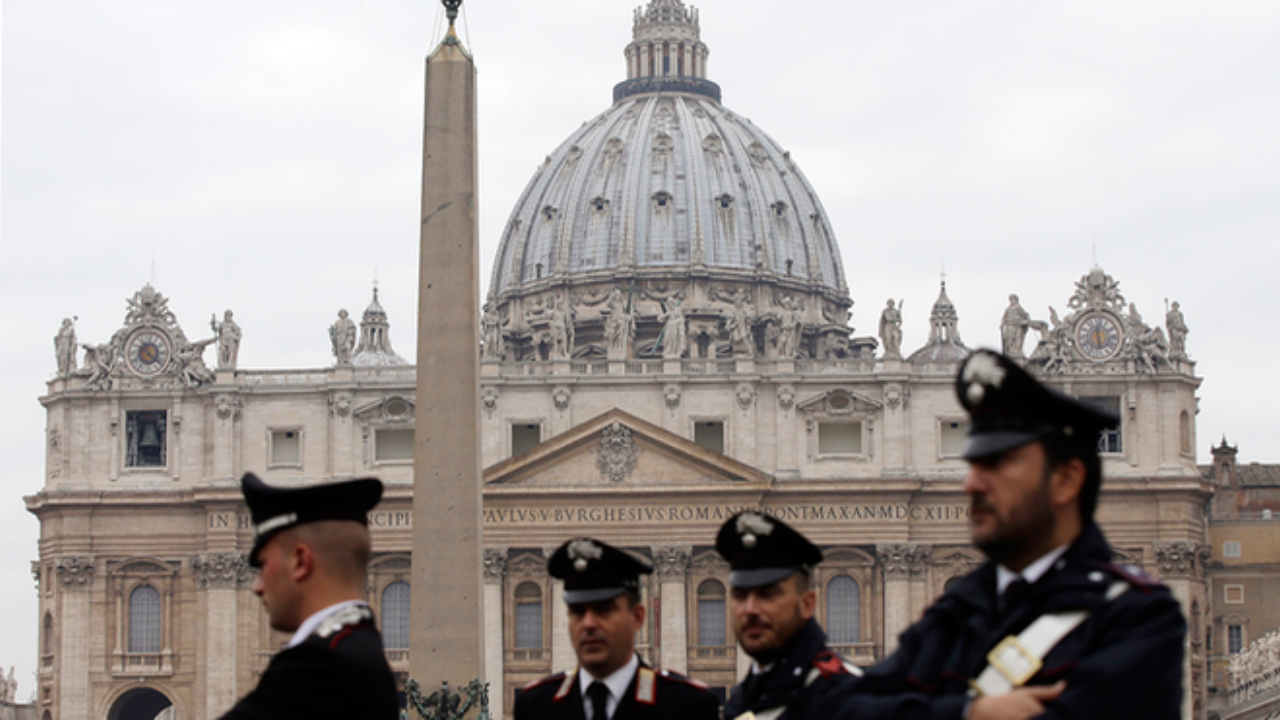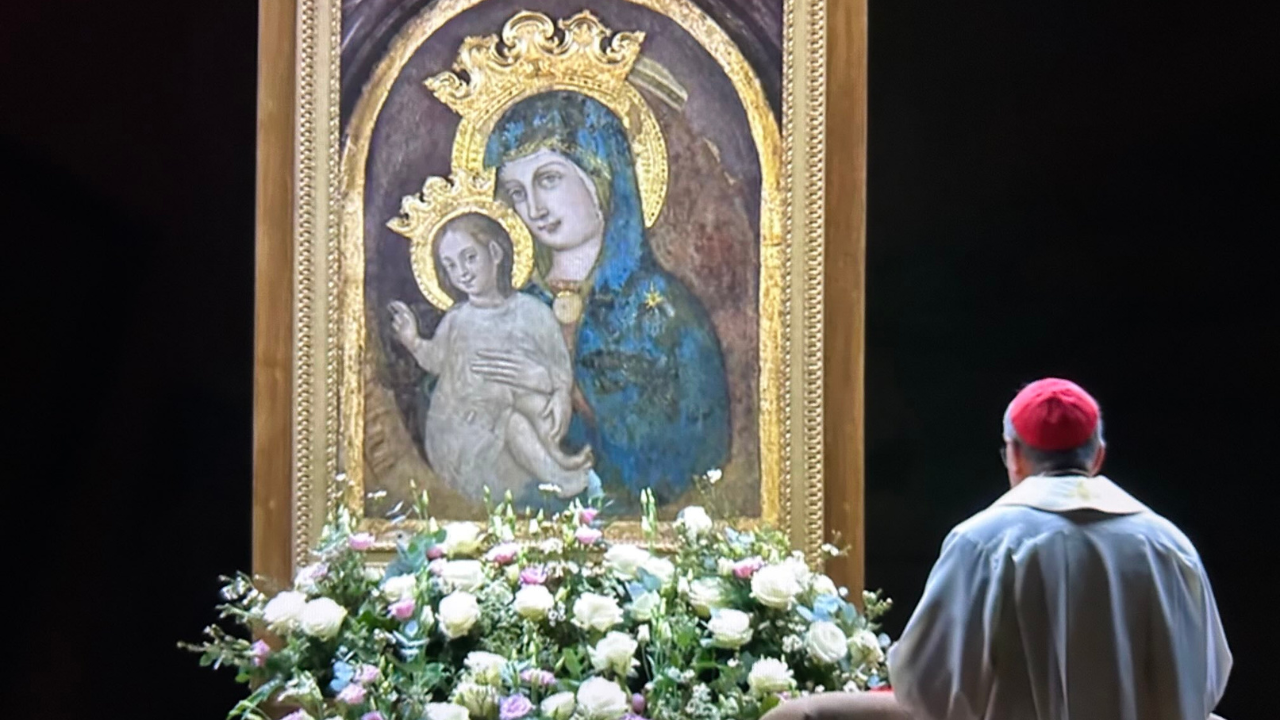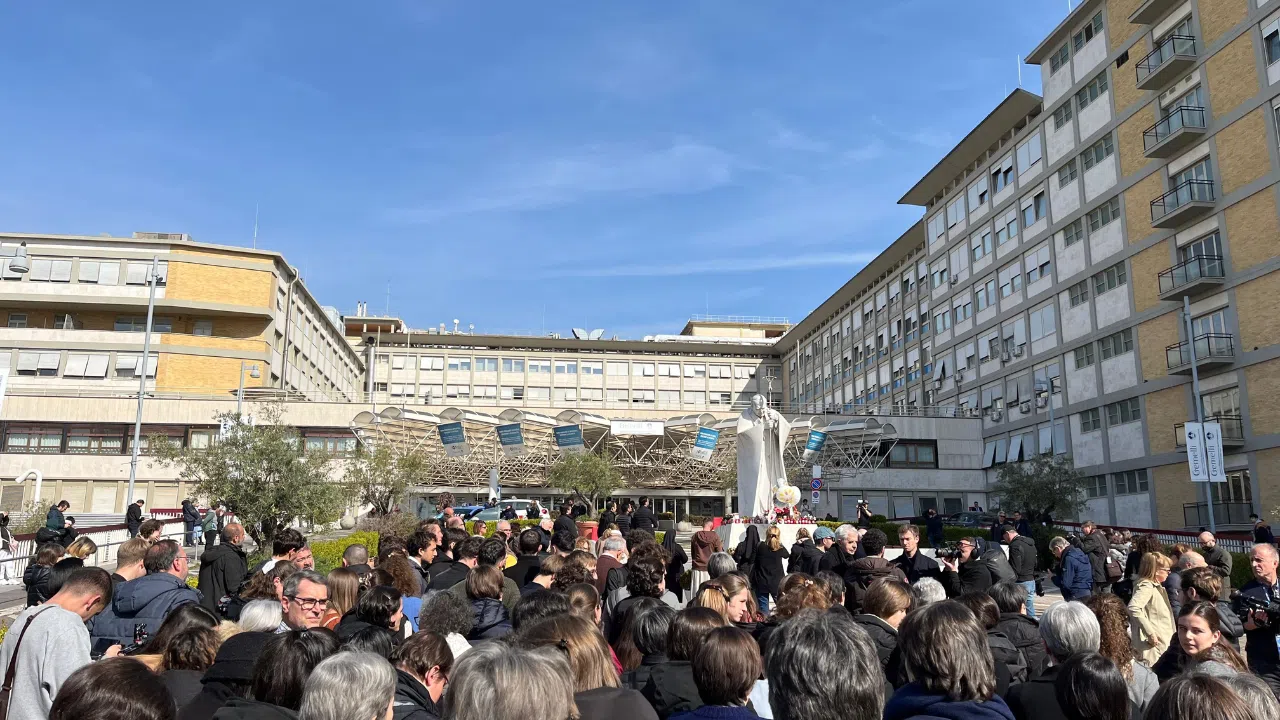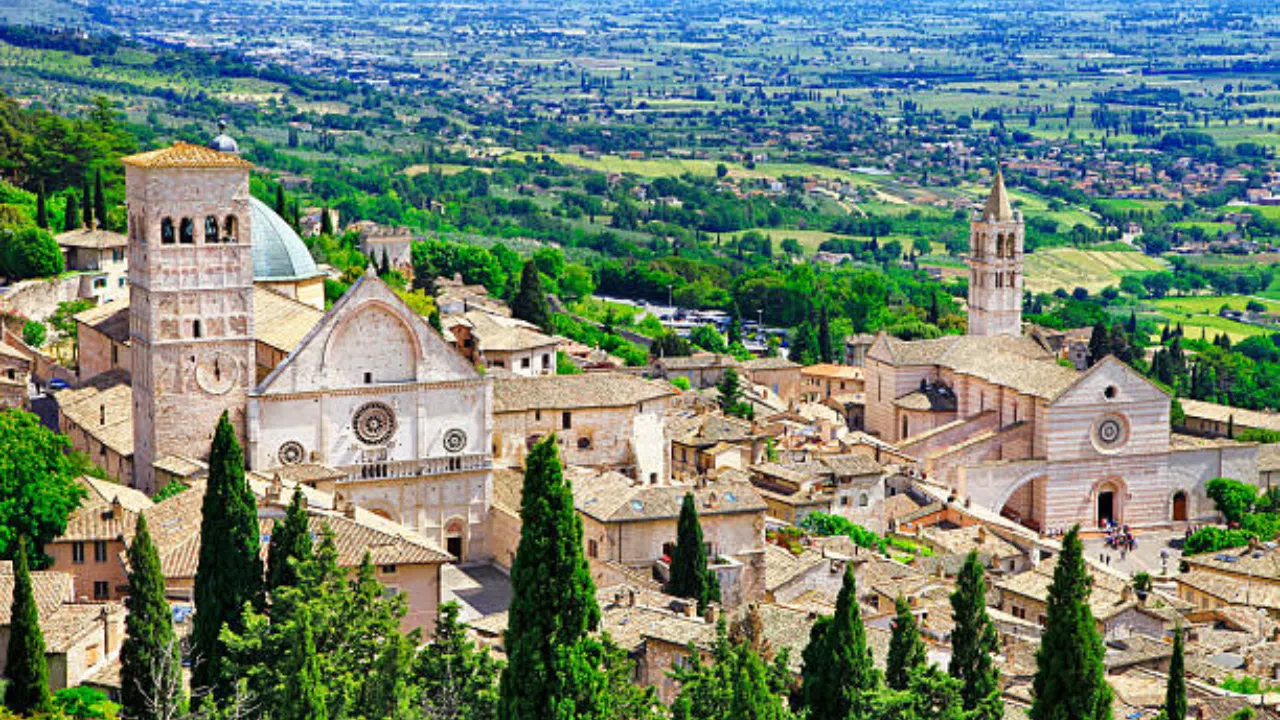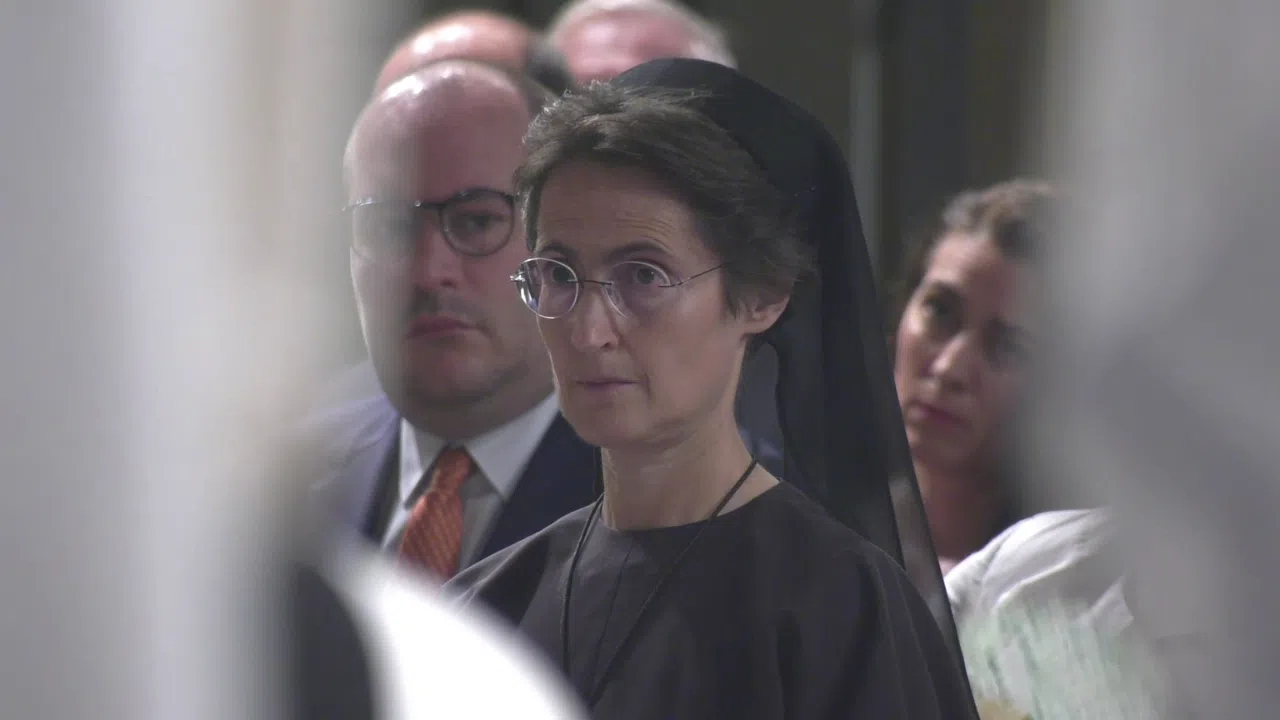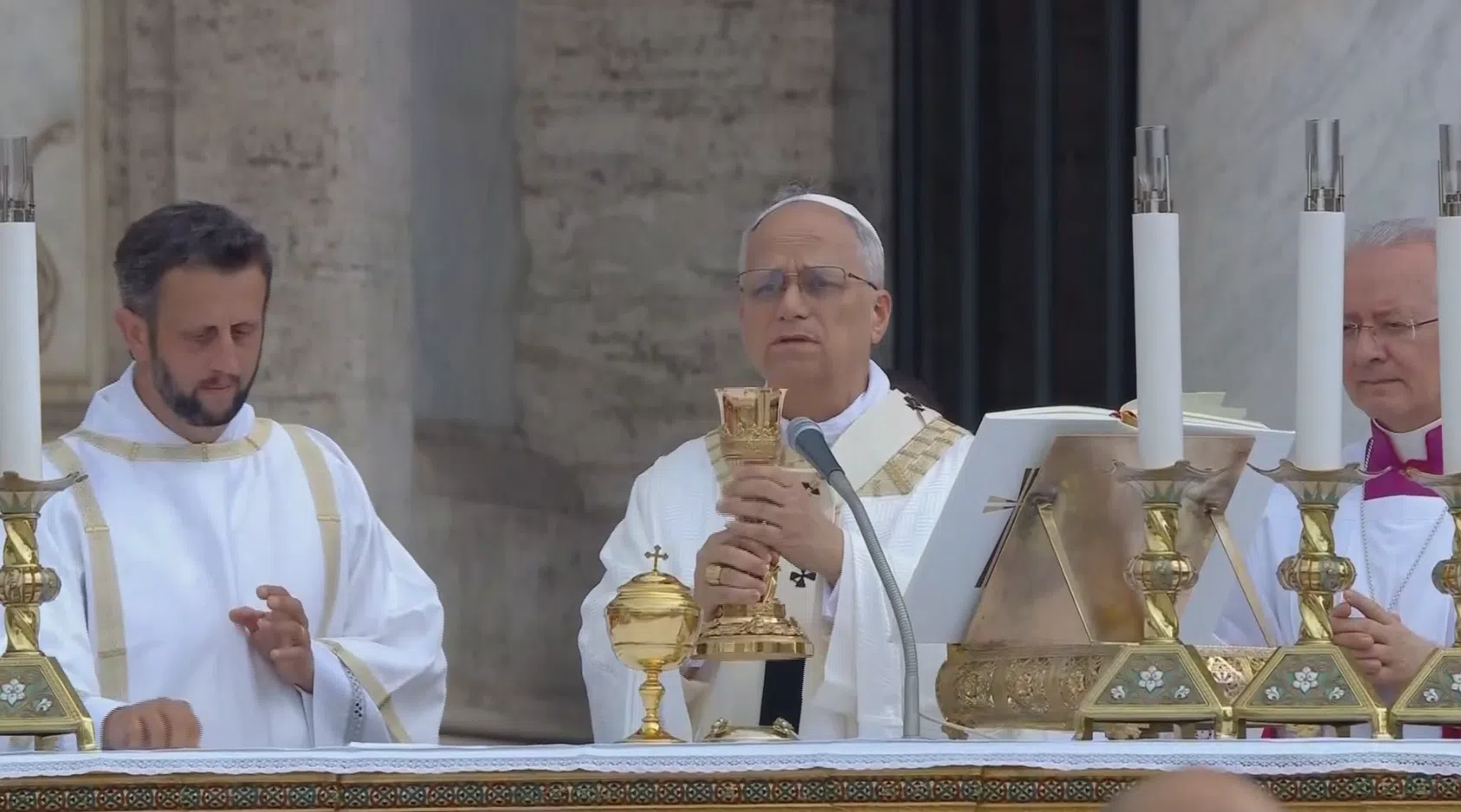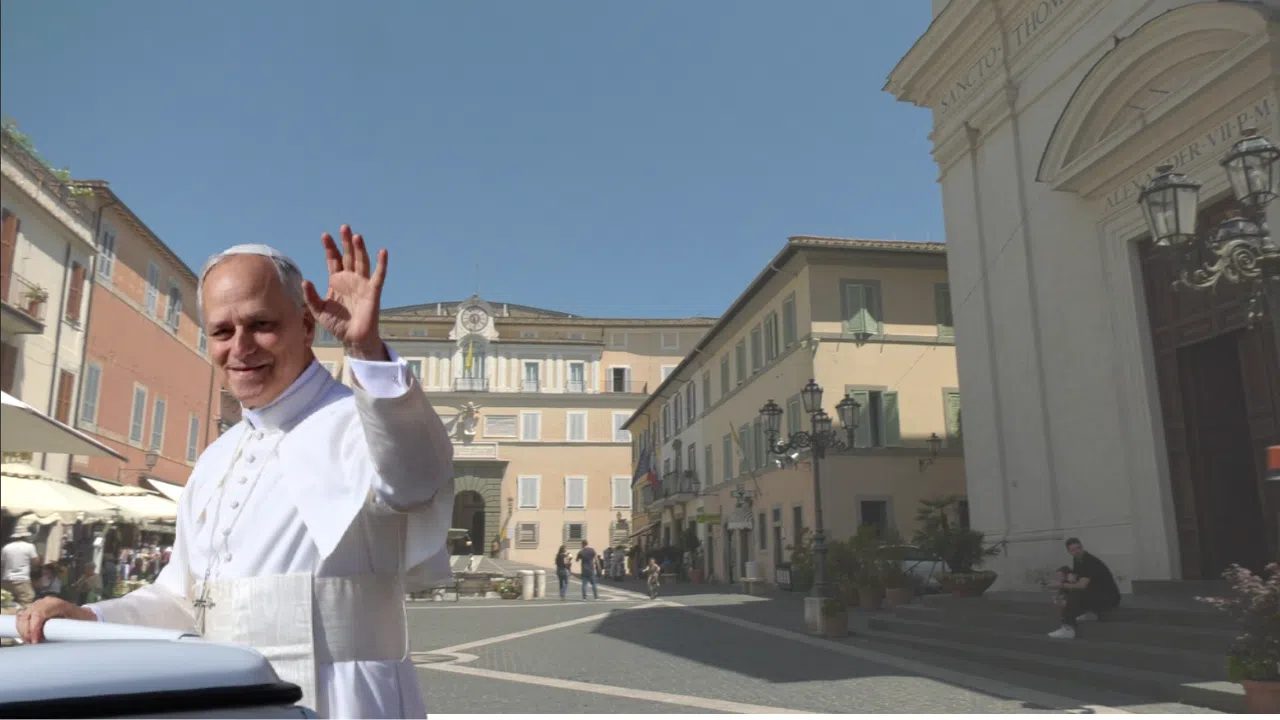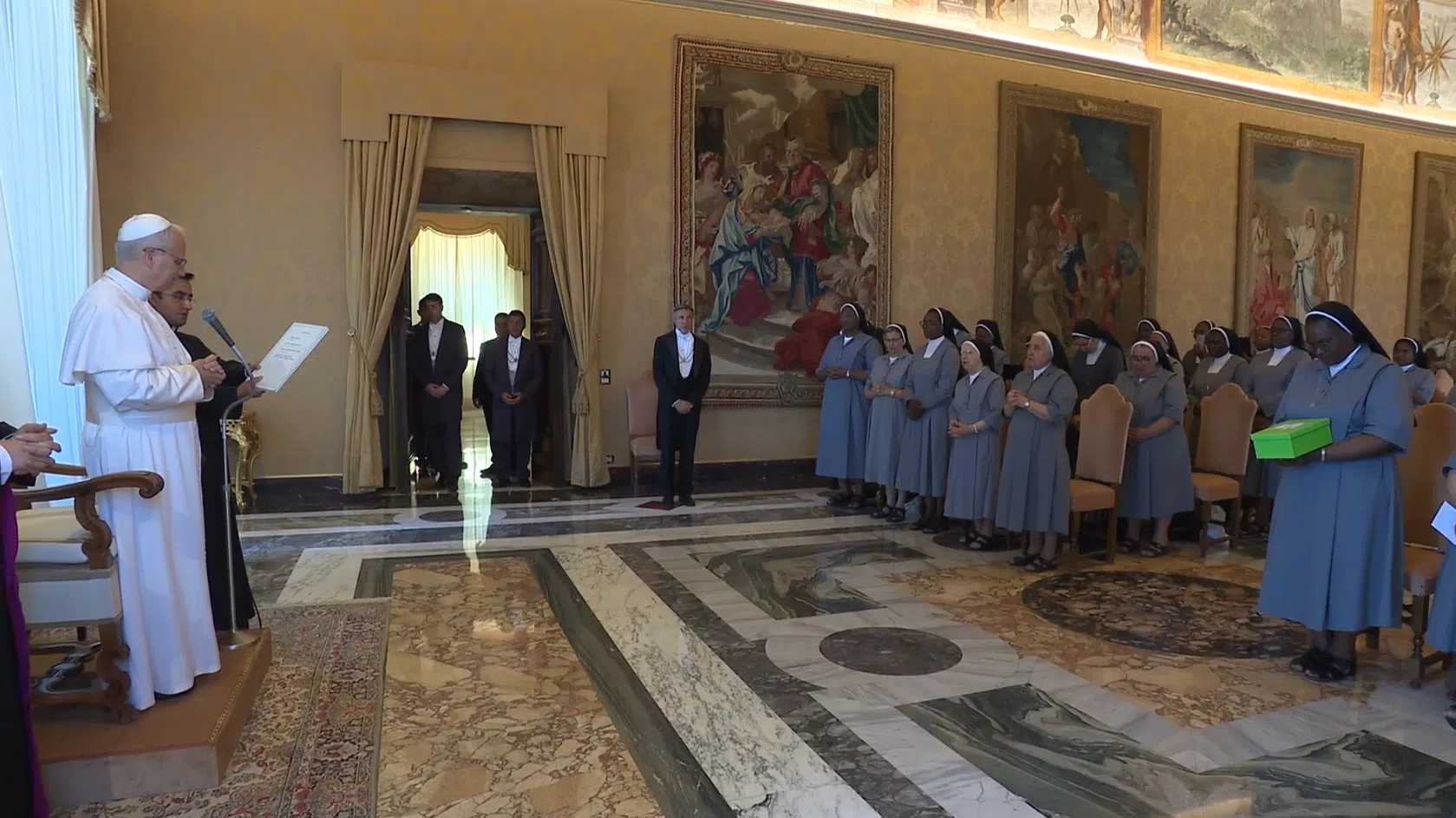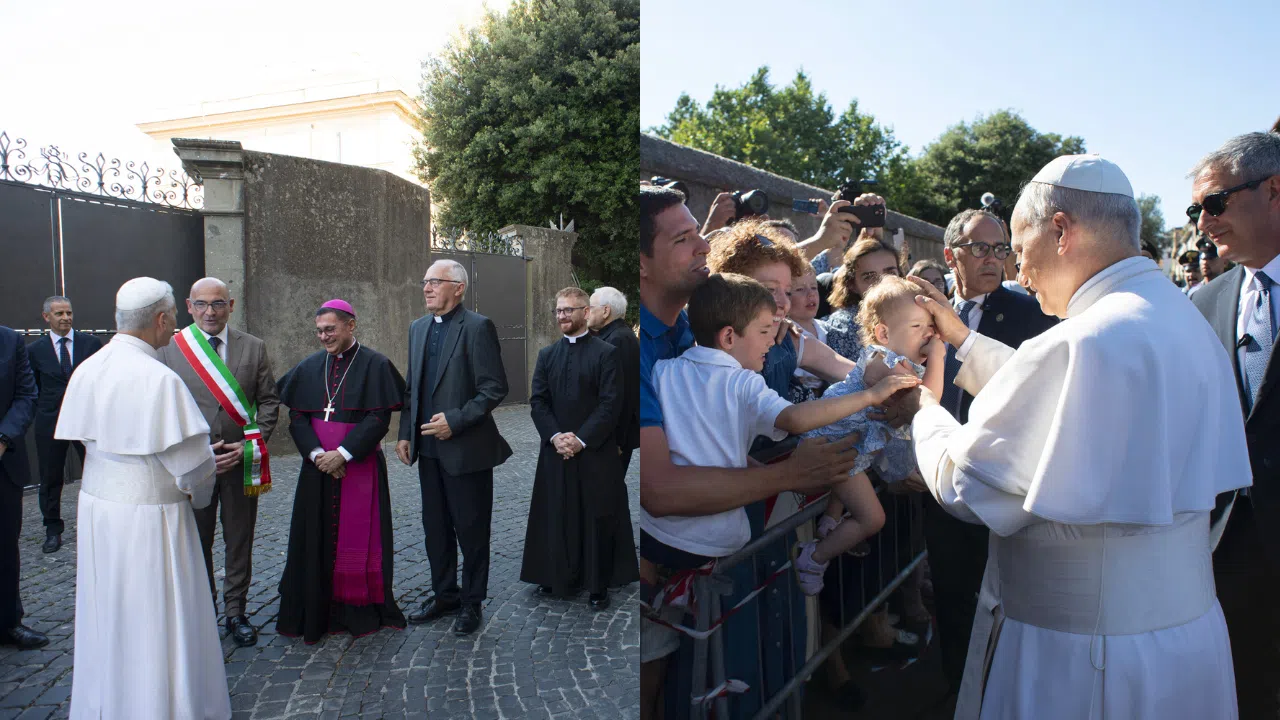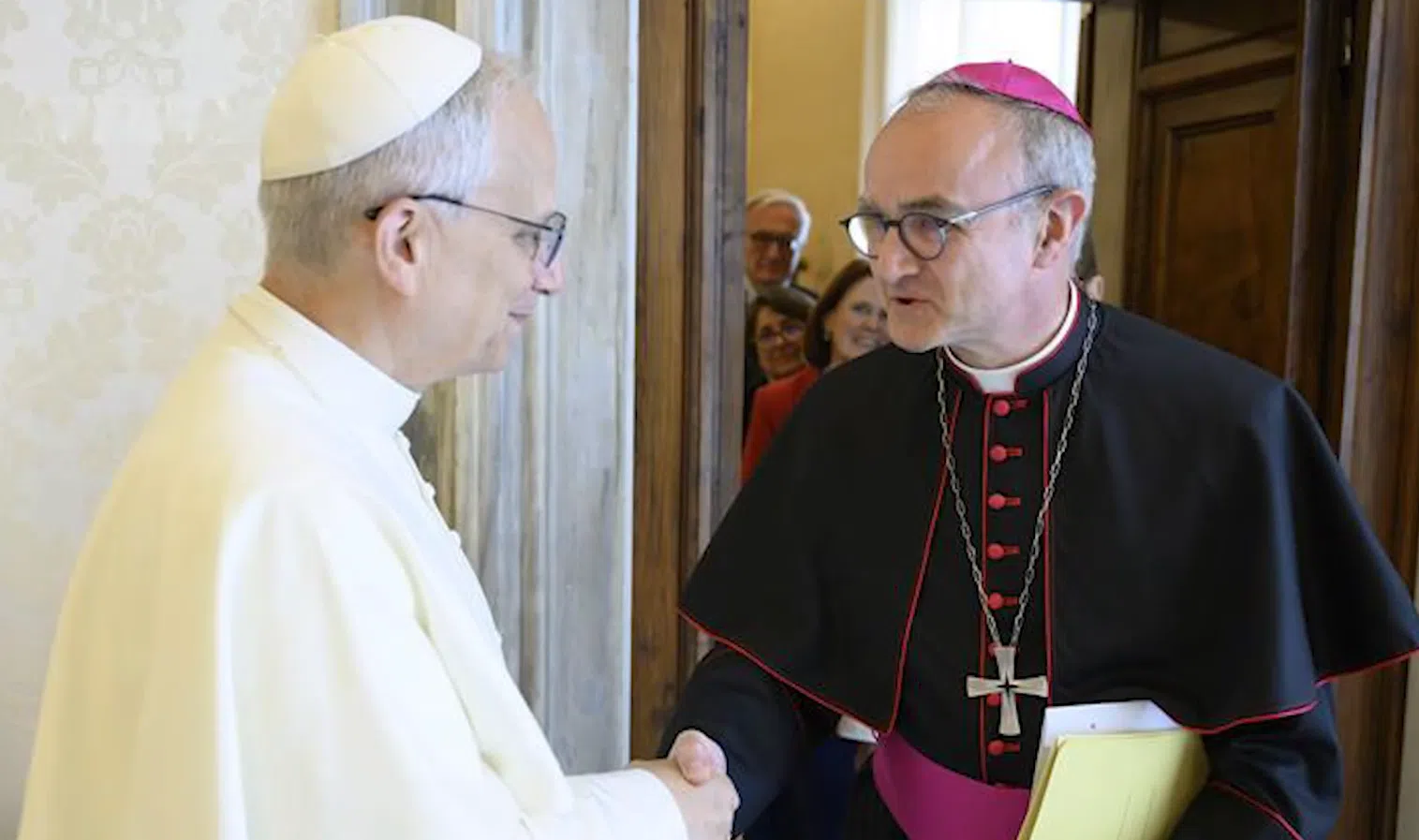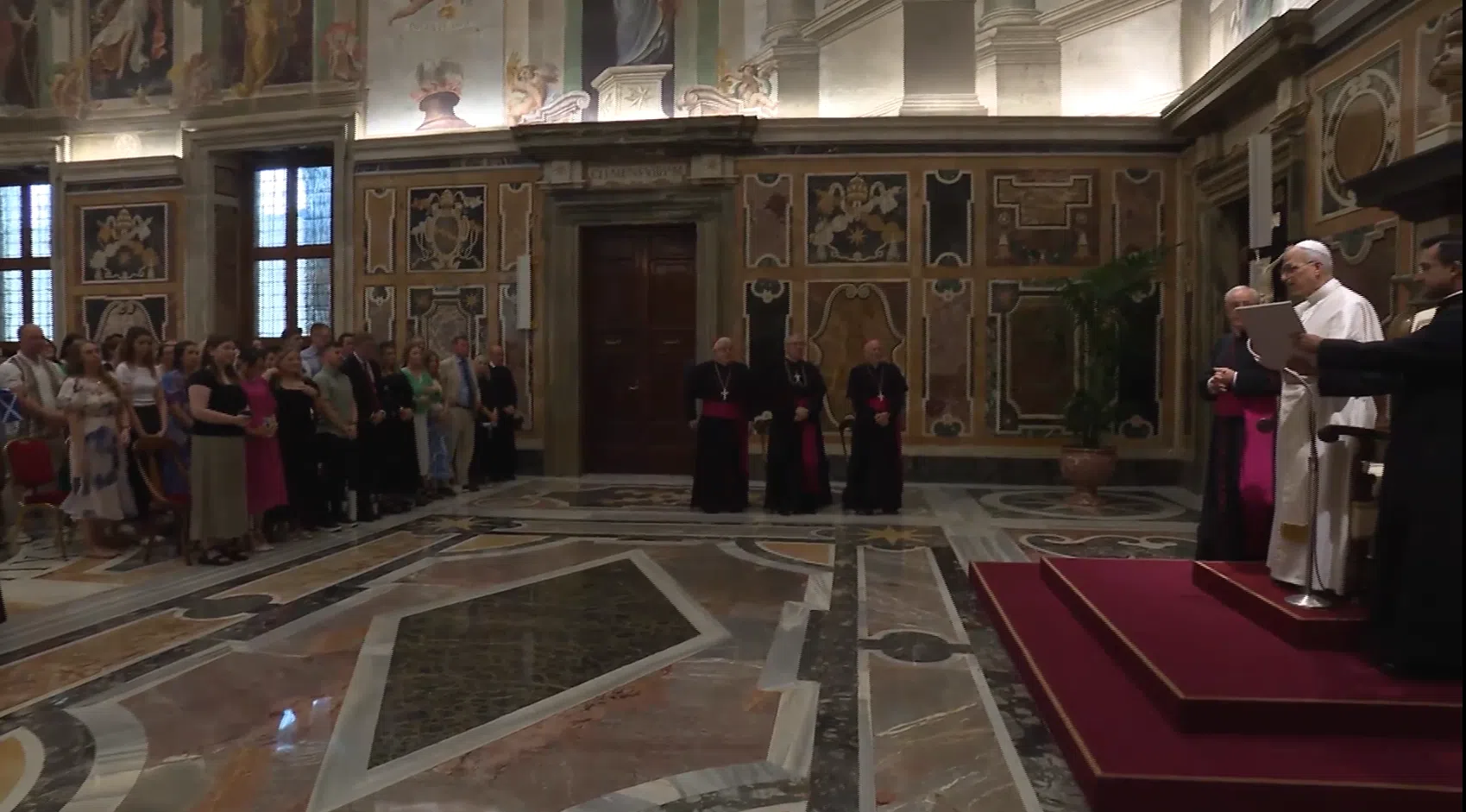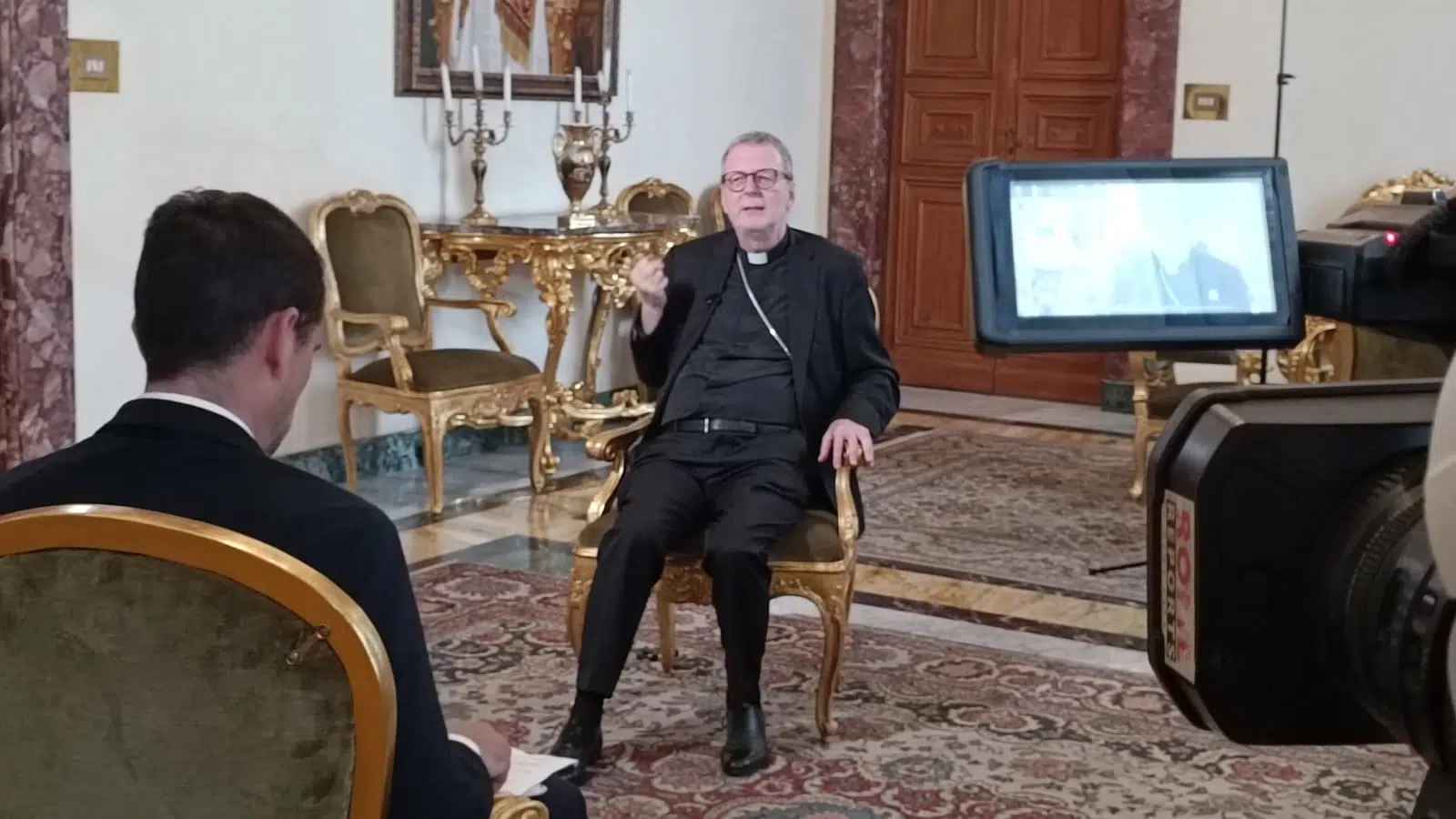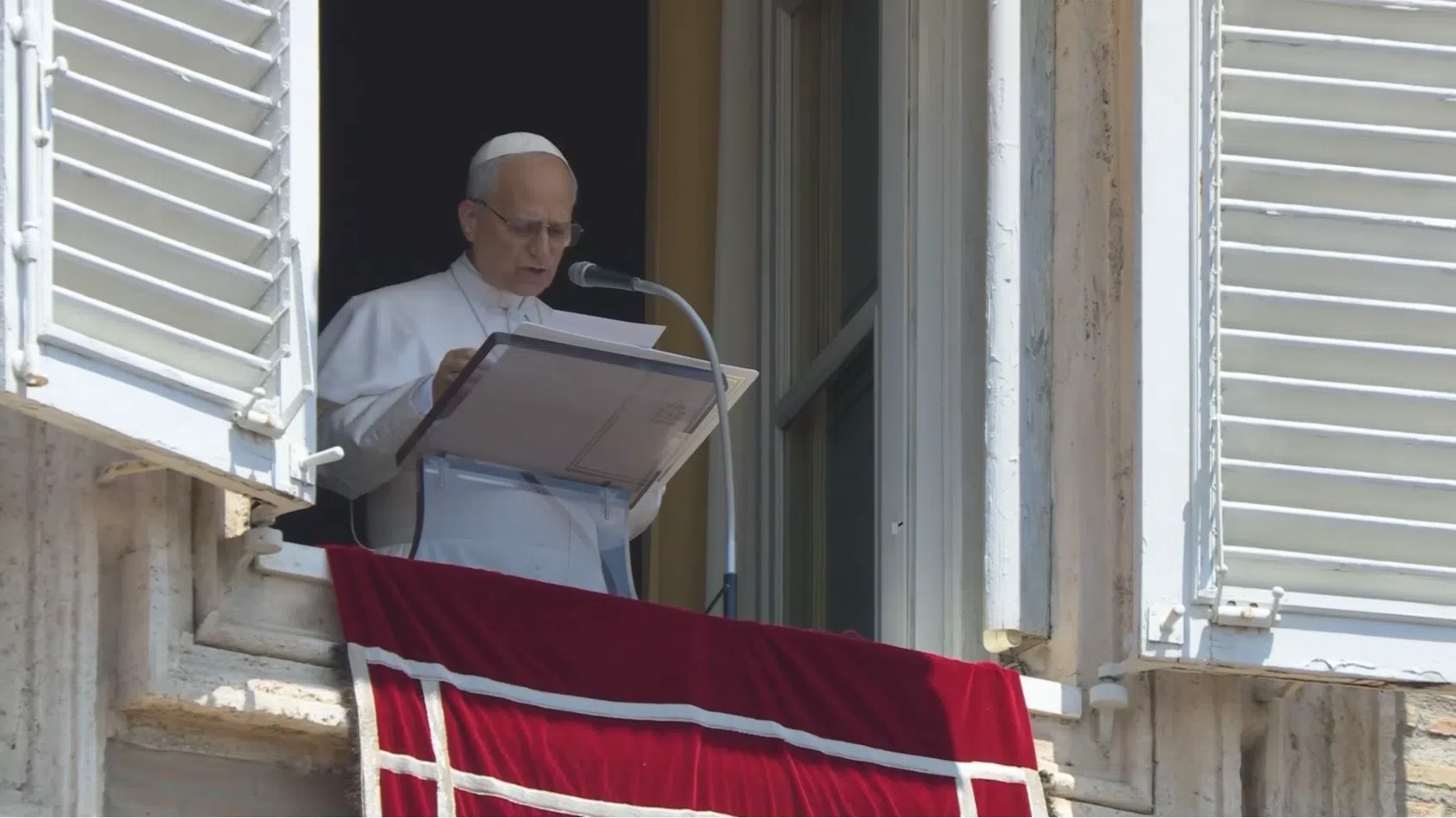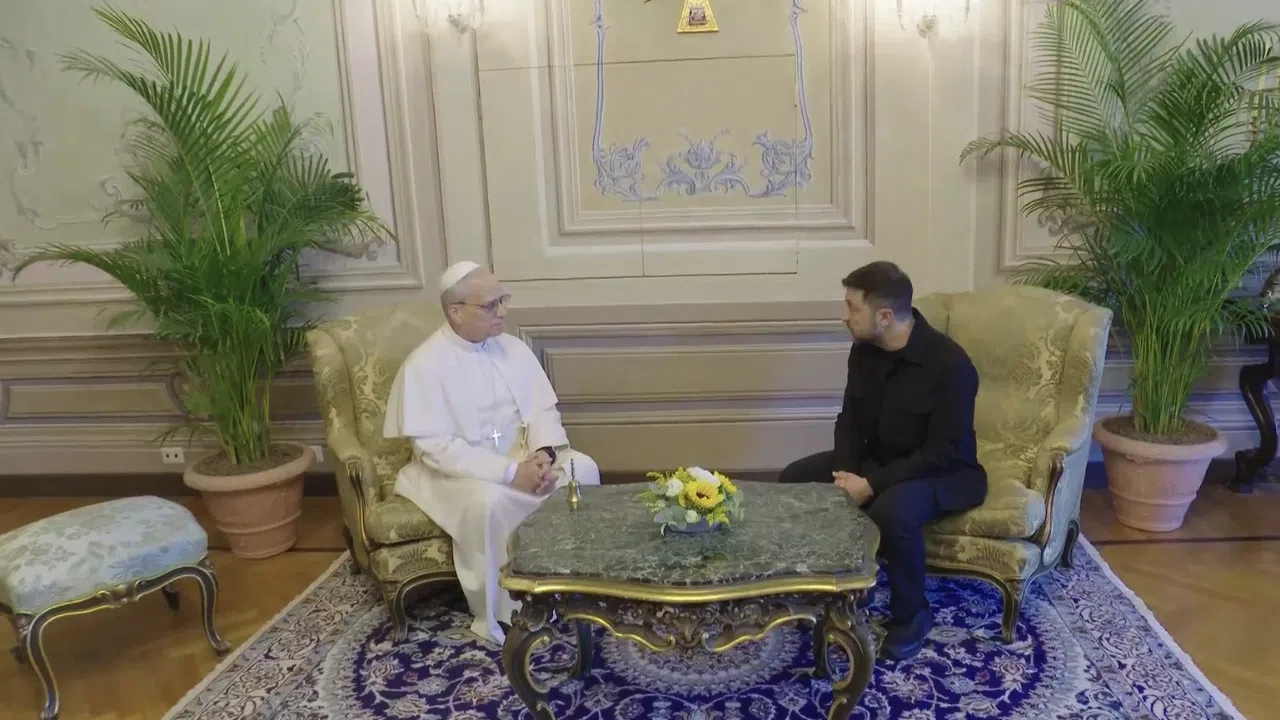“Our windows were shattered here in our NBC building, I'm happy to report that no NBC personnel were injured in this attack. Christine.”
Charles Sabine covered more than a dozen wars. After 26 years working as a reporter, he felt the time had come to cover a different story. That's why he made this documentary about Huntington's disease, a degenerative, painful and hereditary condition from which he himself suffers.
“Because it doesn't matter how much money you have. With this disease, you still suffer the same symptoms and horrible death, and you still pass the disease on to your children in the same way.”
Through this documentary, Charles Sabine recounts the experience of a group of people with Huntington's disease who visited the Pope in 2017.
POPE FRANCIS
“None of you should ever feel alone. None should feel like a burden. Do not give in to the temptation of feeling ashamed and guilty.”
Pope Francis was referring to the fact that people with Huntington's disease are often ostracized and forgotten, along with their families.
Ignacio Muñoz is President of Factor H, an NGO dedicated to helping Huntington's patients. He was also present at the meeting with the Pope.
Years later, following the documentary's premiere, we asked Muñoz to explain the stigma associated with the disease.
IGNACIO MUÑOZ-SAN JUAN
President, Factor H
“It's a combination of physical and psychological symptoms. Levels of apathy and depression are very high. There are cognitive issues that leave people, at 30 or 40 years old, unable to work. They become completely dependent on others. They lose their ability to talk. They lose half their muscle weight. And because it's a brain disease, they also experience significant personality changes that often cause their own families to distance themselves from them.”
The documentary also shows how Maria takes care of her husband, who suffers from Huntington's, and how he is completely dependent upon her
.“Every day for me is challenging. Sometimes he's calm, but other times he becomes very agitated. Sometimes I can't give him a bath, other times I can. Sometimes I have to wake up very early in the morning.”
Huntington's is hereditary, so their son has a 50 percent chance of inheriting the disease. His family's situation has made him a target for bullies at school.
His is an example of how Huntington's patients and their families are often marginalized. Sometimes they themselves are forced to self-isolate.
IGNACIO MUÑOZ-SAN JUAN
President, Factor H
“We've seen many patients who have been hidden for many years, without having any sort of social contact. This results from the shame many families experience for not having access to adequate medical care or psychological support. That's why families often don't know what to do.”
“Dancing at the Vatican” tells the story of how a group of marginalized people, marked by poverty and pain, experienced the embrace of someone of importance... for the first time.
Never before has a world leader recognized the suffering of Huntington's patients and their carers.
The meeting took place in May of 2017. It was emotionally charged and unforgettable. So much so that when Pope Francis left, those present couldn't contain their emotions. They started cheering and dancing, giving the documentary its title: “Dancing at the Vatican.”
Javier Romero
TR: CT
Dancingatthevatican

